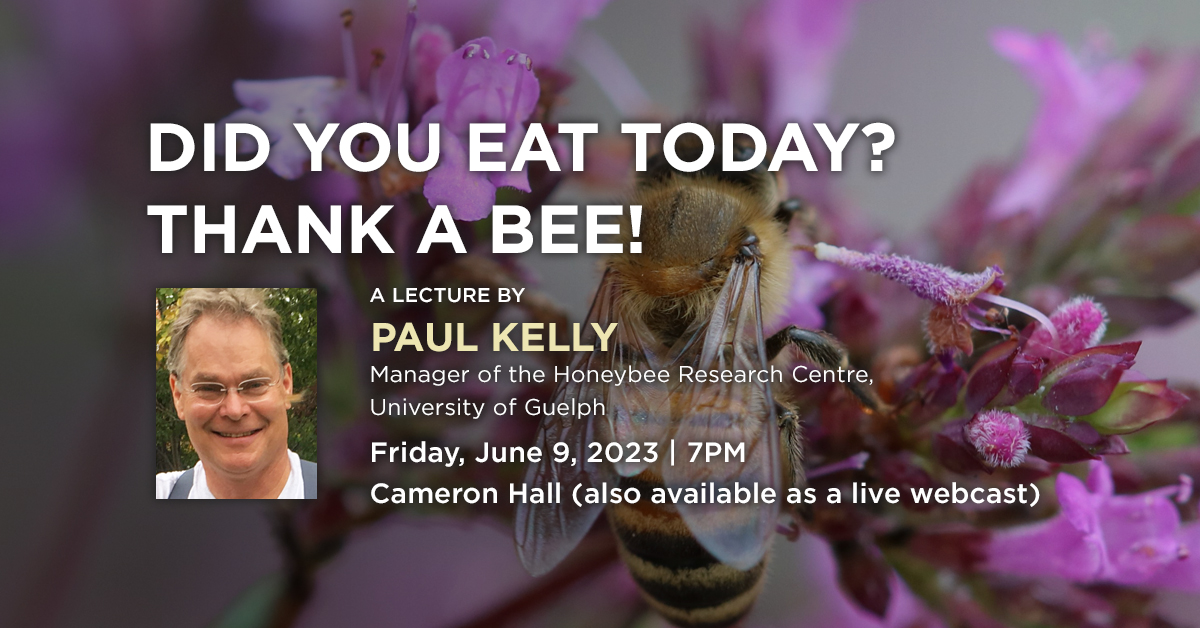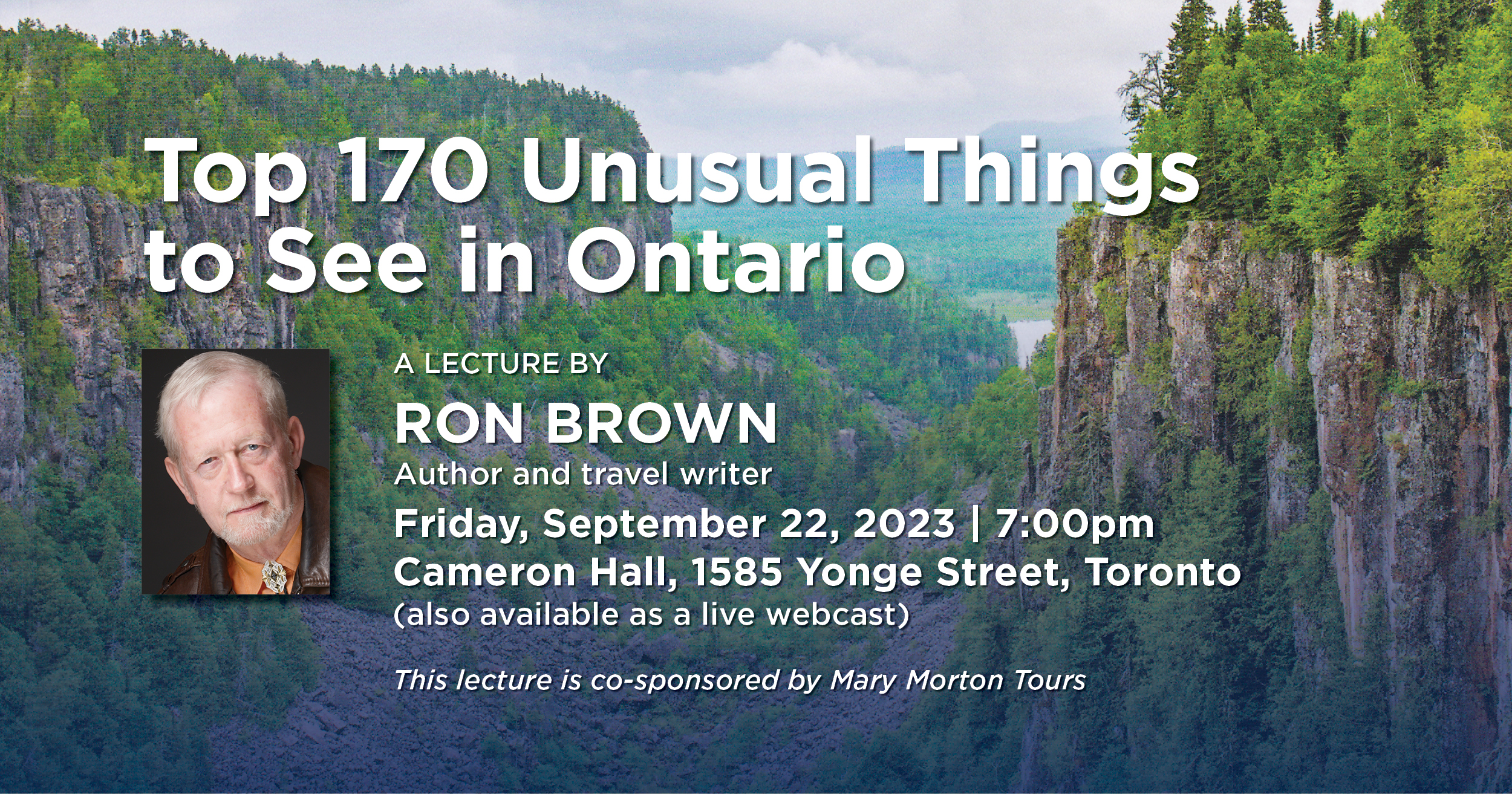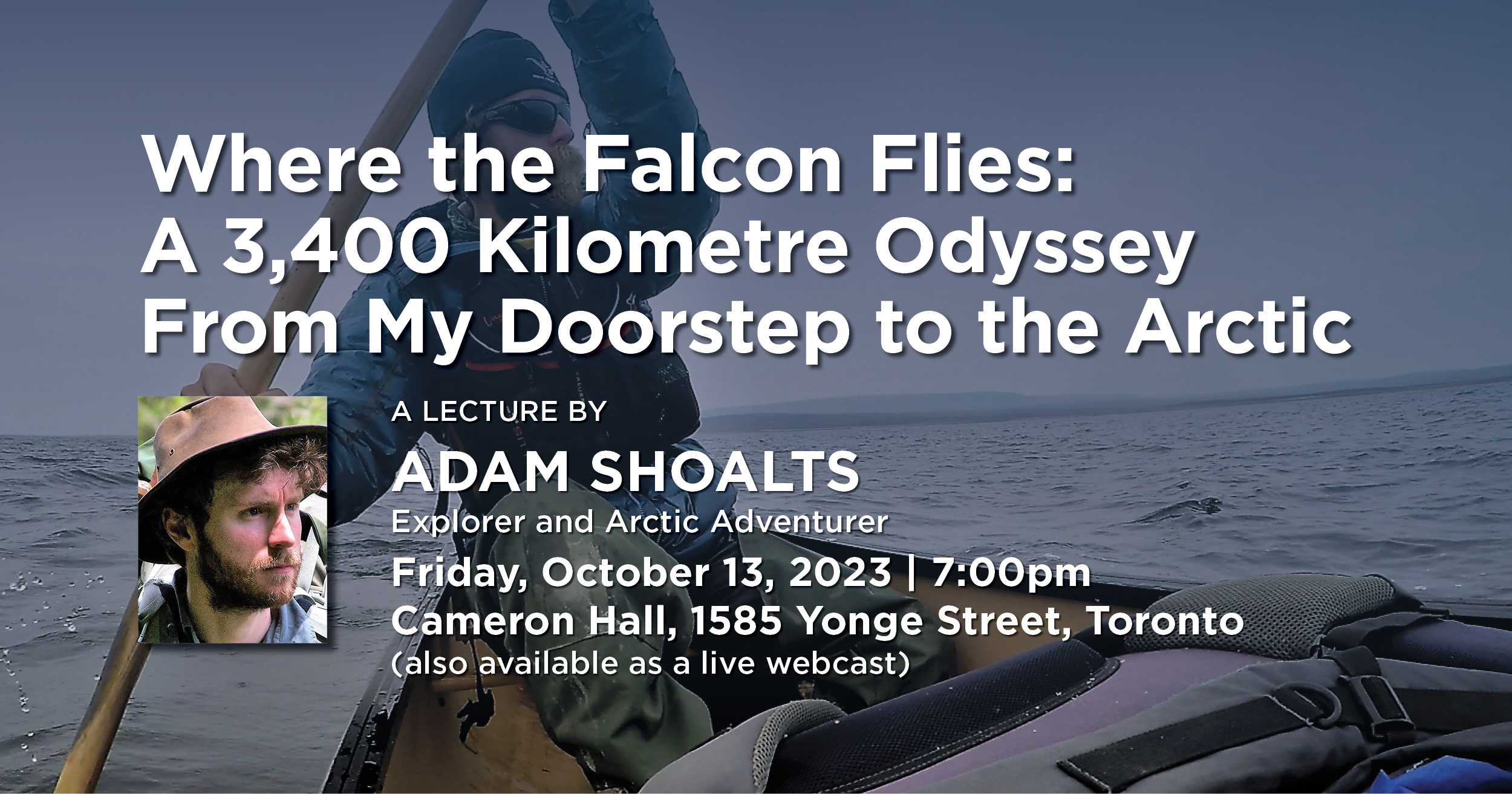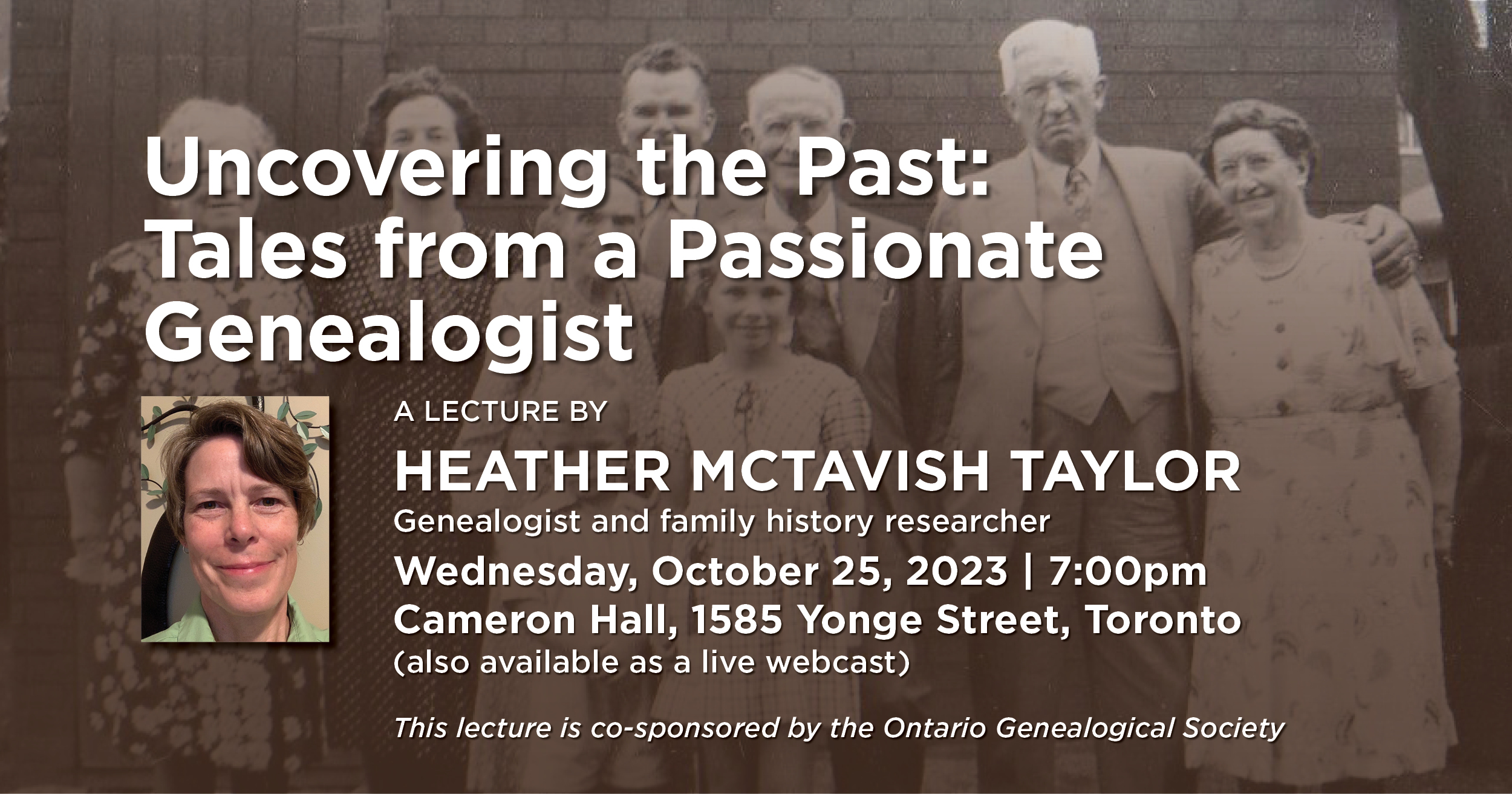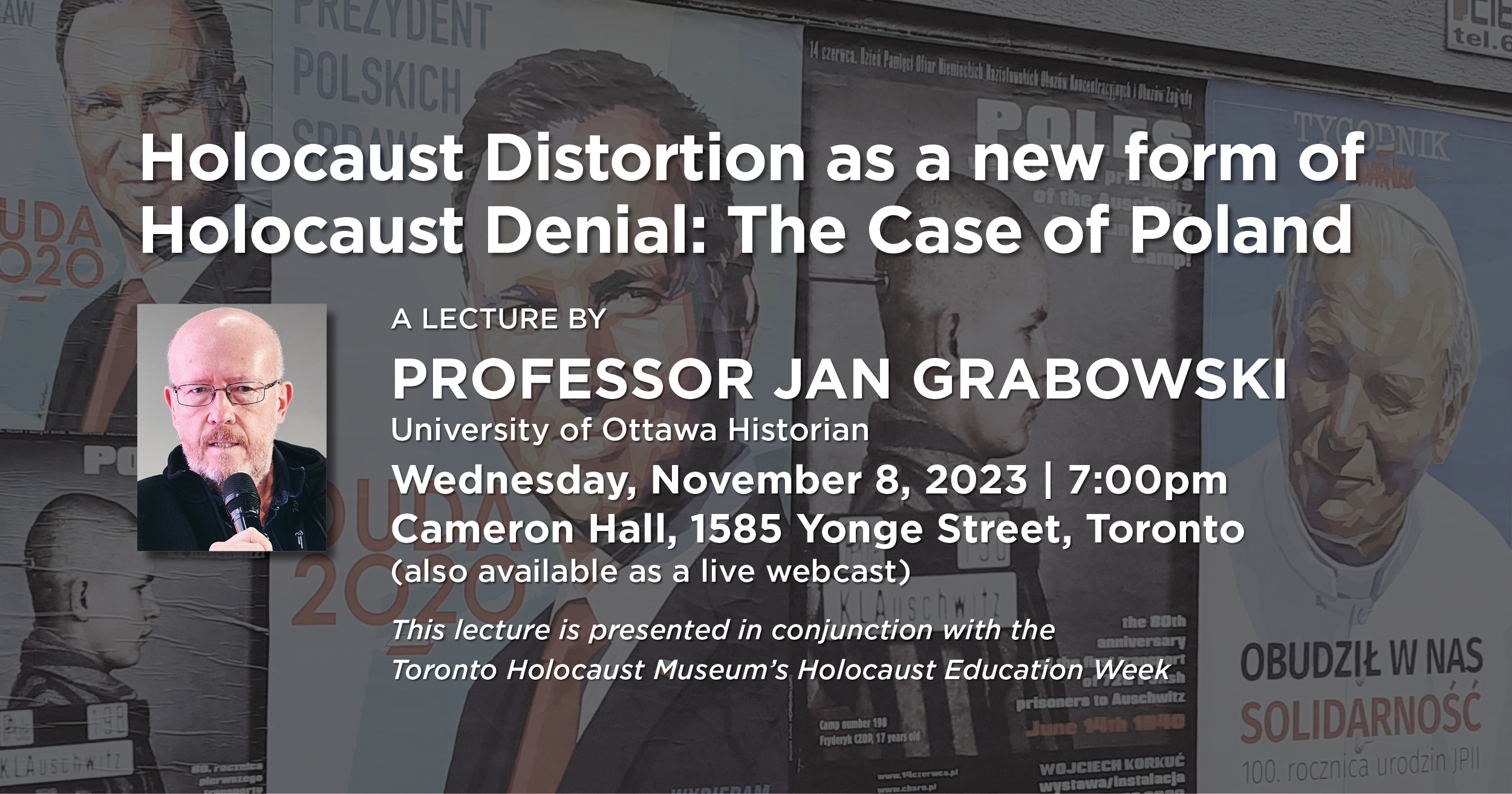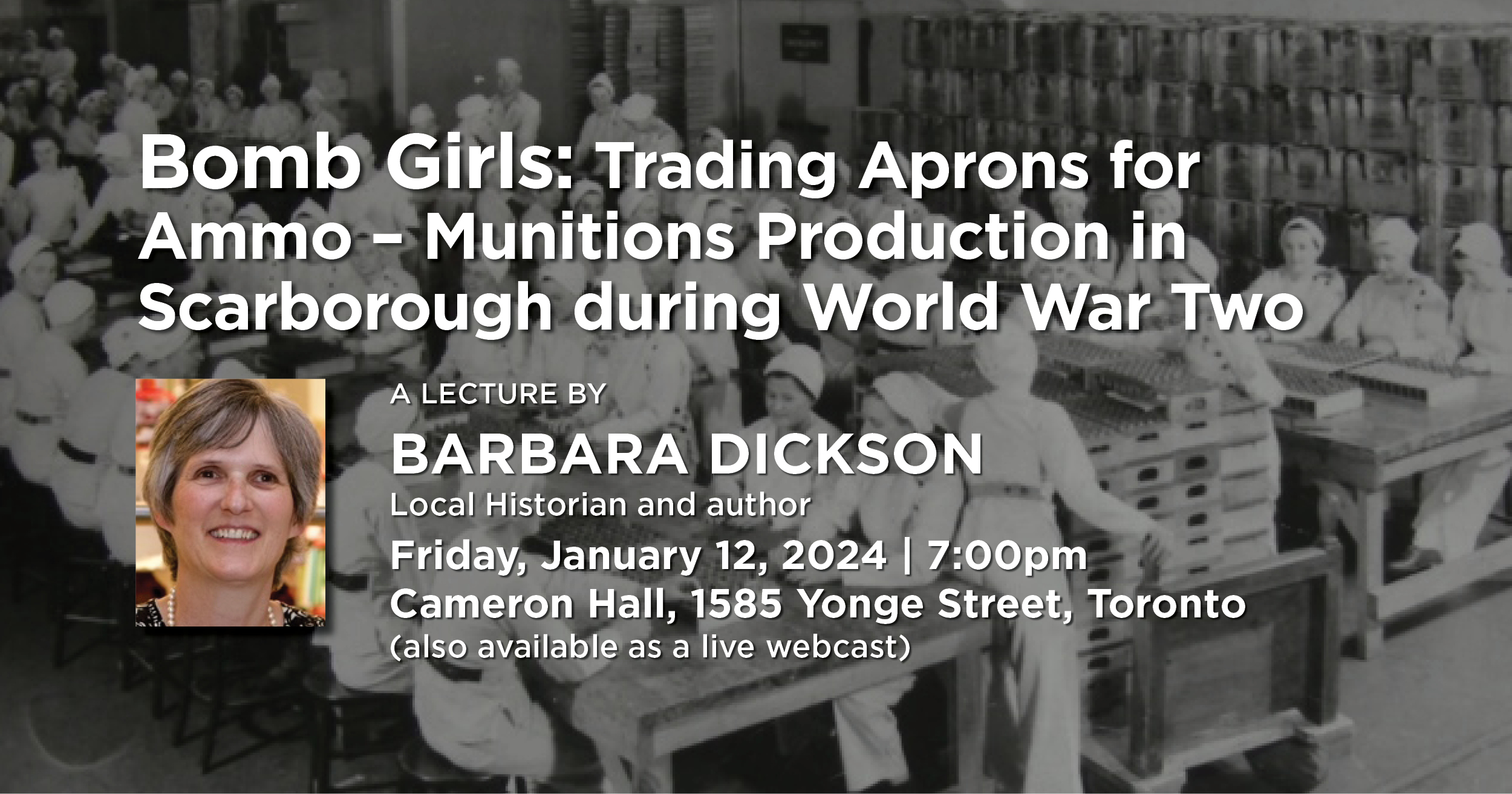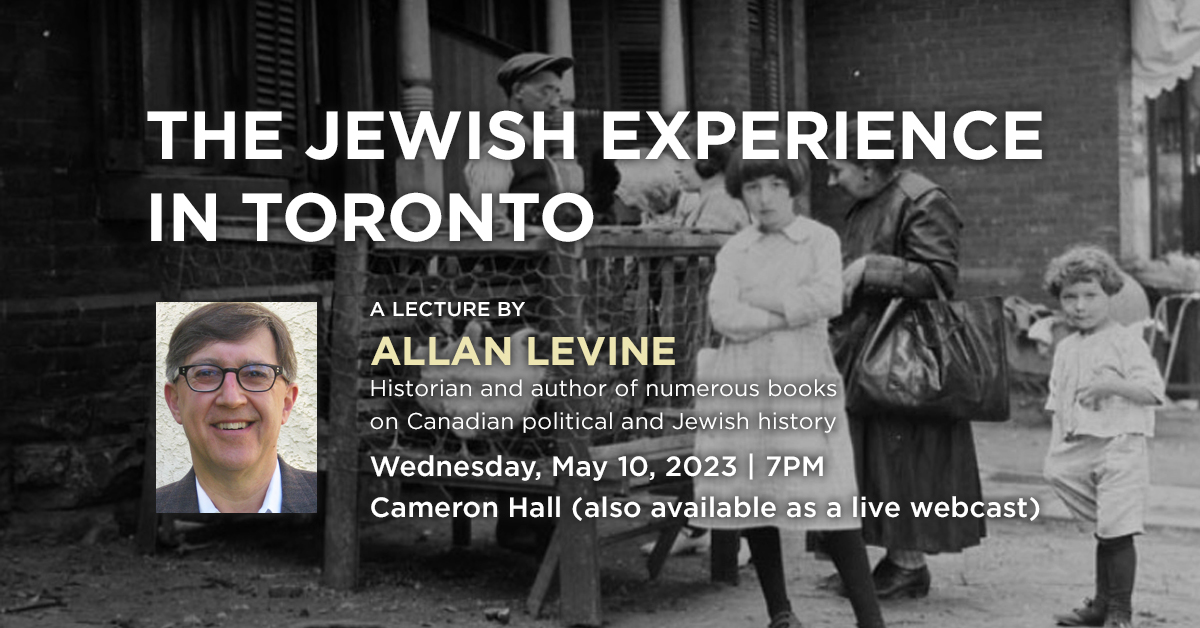
The Jewish Experience in Toronto
Cameron Hall 1585 Yonge Street, TorontoThe Jewish population of Canada is currently about 400,000 people of which close to half reside in the GTA. They first settled in the area in the 1820s and their number continued to increase when Jewish immigrants from Russia and Eastern Europe arrived in Canada in large numbers after 1880. They came seeking a home and country in which they could not only survive and prosper, but one in which they could leave a positive legacy for their children, grandchildren, and the generations that followed. They did indeed find the refuge they were searching for in Toronto and elsewhere, yet their acceptance and integration into the larger society was not always wanted or welcome, and the struggles they faced caused much inner turmoil and hardship. In this lecture historian and author Allan Levine examines the key lessons, trends and patterns of two centuries of Jewish life in Toronto.


